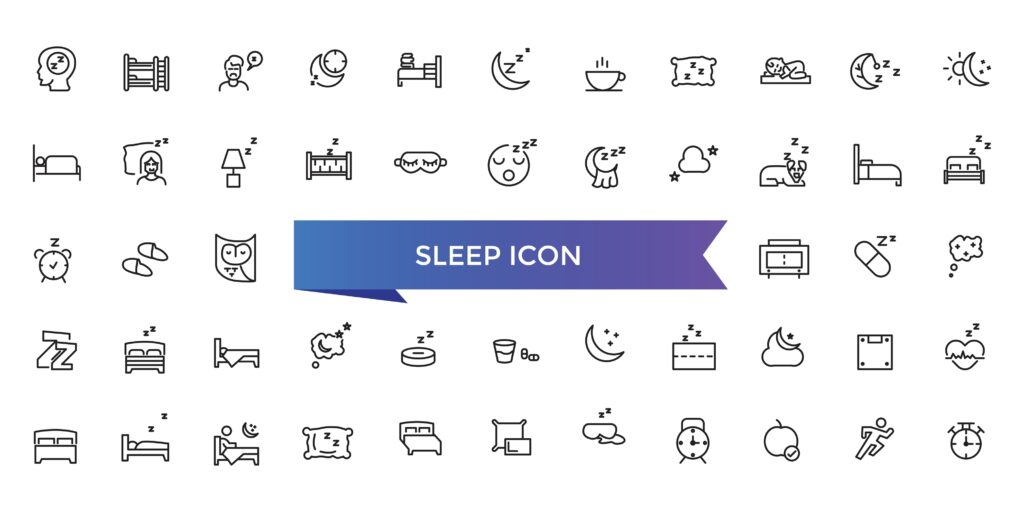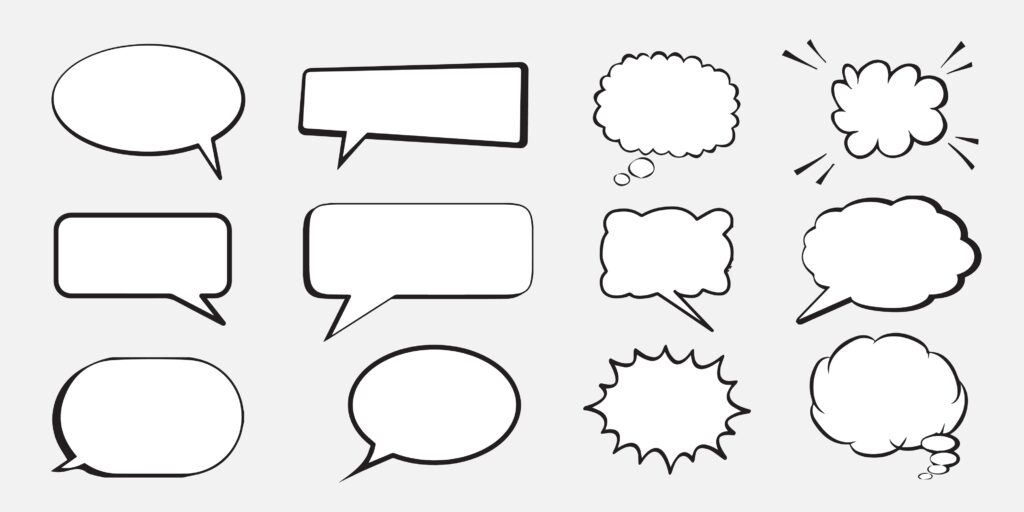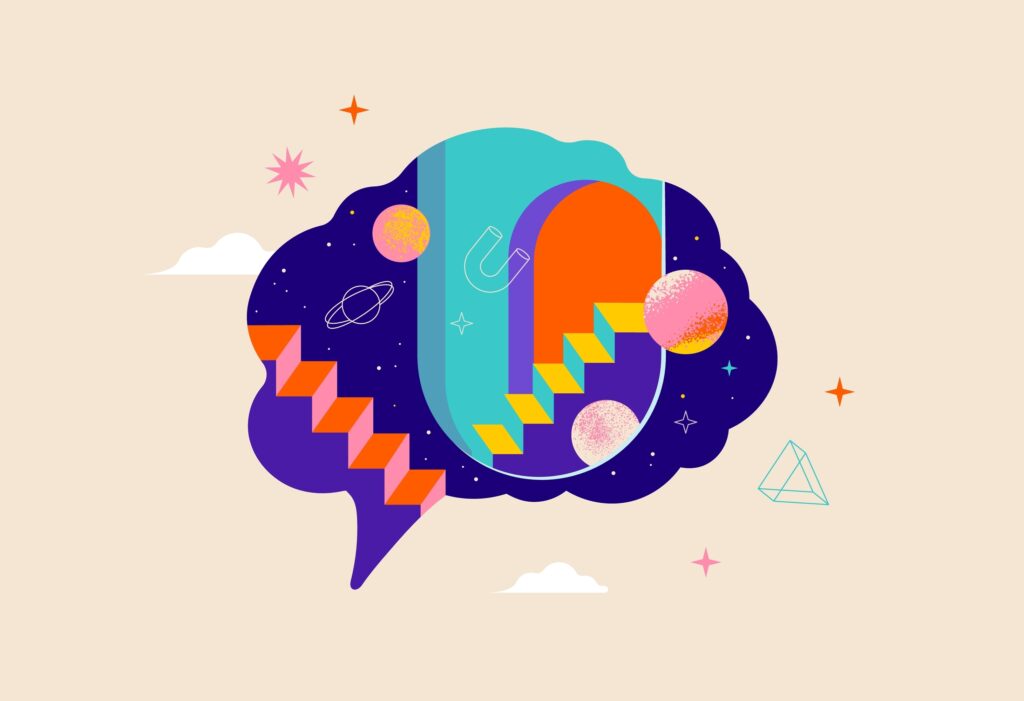
Our brains perform a variety of functions when we dream, such as organizing our day and formulating strategies for handling issues at work or school. Therefore, it’s not strange that someone we love or have lost may pay us a visit while we’re asleep, but specialists have identified a few possible causes.

It seems that the most frequent cause of dreams about a departed loved one is grief.According to Dr. Michelle King, “dreams about departed loved ones can be fairly common and are a normal part of the grieving process.” Instead, a study revealed that over 50% of individuals dreamed about their departed loved ones.They have the potential to be therapeutic, assisting the brain in processing the anguish of loss and reaching a state of acceptance. It’s interesting to note that opinions on dreams involving loved ones have been divided; some have described them as “both positive and unsettling.”
Dreams Aid in Our Understanding

“An further explanation for dreams about a departed loved one is an effort to comprehend. The loss of a loved one can otherwise seem completely nonsensical, and we are still attempting to make sense of it,” she says. According to Margaret Pendergrass, a professional grief counselor and licensed clinical social worker in Roswell, Georgia, “having a grief dream simply indicates that our brains are still trying to process what we have experienced.”
A Wish to Get Back in Touch

Maybe you’ve had a dream about someone because you want to get back in touch with them. As if they were still living, the dreamer may engage with the departed in these dreams in a typical situation, according to King. “This might represent the dreamer’s wish to get back in touch with the individual or the person’s ongoing influence in the dreamer’s subconscious.”
Leaving a Note

King clarifies that it’s not precisely the truth, despite the fact that many people think their loved ones visit them in dreams to convey a significant message. As it happens, your brain is sending you signals through these dreams.
Many people experience dreams in which a loved one seems to be giving them advice or a message. According to King, this does not always imply that the individual is genuinely attempting to communicate with you. Instead, it typically reveals something about your personal emotional condition.This can be a reflection of the dreamer’s inner monologue or their need for direction.
Dreams Could Reflect Unresolved Emotions

When someone we love passes away suddenly, we frequently have unspoken emotions left behind. They are therefore a means of assisting us in processing these strong feelings and unsaid remarks.According to King, “if the deceased seems upset or the dream is disturbing, it may reflect the dreamer’s unresolved guilt, anger, or sorrow related to the person.”
They Reflect Recollections

Dreams can also reveal information about our most treasured or painful past experiences.”These dreams are a reflection of memories from our past that we might still be working through and comprehending,” she says.”We may be reminded of memories that we have never been able to fully comprehend before after losing someone.”
Speculation as opposed to science

Some elements, like the meaning of someone’s dream, are situational and, frequently, left to speculation, despite the fact that there are numerous mental health specialists. Dream interpretation isn’t “exact,” according to Dr. Kind.
It’s crucial to keep in mind that dream interpretation is not a precise science and might differ significantly based on situational, cultural, and individual aspects, she advises. Dream interpretation, on the other hand, can be healing and aid in understanding our feelings.
Interpreting Dreams

Interpreting dreams has been a practice for generations. Hippocrates, who lived from 460 to 377 BCE, for example, thought that dreams may provide information about underlying health issues or problems and help us better understand our bodily states. In the meantime, contemporary psychologists like Carl Jung and Sigmund Freud think they teach us about our hidden needs and impulses while shielding us from confrontation.
Although it is impossible to pinpoint the precise meaning of someone’s dream, a number of hypotheses make sense, and specialists have examined the effects of processing the feelings that surface. The results demonstrate that digesting these issues can benefit one’s mental well-being. Dreams were frequently closely related to the process of grieving the loss of a loved one.
Not Stages, But Waves

There are several phases of grief. The majority of individuals, however, believe that those phases occur sequentially. The stages of grieving, on the other hand, occur randomly and vary from person to person. As a result, emotions don’t come and go in “stages,” but rather in waves.In addition, it’s simple to think you’ve come to terms with the loss of a loved one, just to dream about them and discover that things are still unspoken or unprocessed.
Grief Stages

Dr. Elisabeth Kübler-Ross originally recognized the stages of grief in 1969. These are typical emotional phases that people go through when dealing with the loss of a loved one. Furthermore, every significant life transition, even positive ones like relocating to a new location or achieving a higher career, can cause the grieving process. The phases of grieving are as follows:
Anger Bargaining and Denial
Acceptance of Depression
Getting Over Grief
Shutterstock is the source.

It’s challenging to assign a date to something as specific as someone’s sentiments because every person’s grieving process is unique. Nonetheless, there are a few useful resources to help with the stages’ progression and recovery. Here are a few instances:
Journaling: This can involve recording your dreams or the emotions that result from them.
Consulting a Grief Counselor
Keeping a consistent sleep schedule
Getting a good night’s sleep
mindful exercises such as somatic therapy, yoga, and meditation.
Consuming a nutritious and balanced diet
There is a solid reason why many of these habits are advised for practically everything in life. To preserve general health and wellbeing, a number of these behaviors complement one another. Therefore, these methods are quite helpful when dealing with stressors like anger, sadness, loss, or tiredness. To work through everything, additional care, such as medication or weekly therapy sessions, may be needed in some situations. In any case, preventing emotional breakdowns or exhaustion requires attending to your emotional needs and resolving any unresolved feelings.